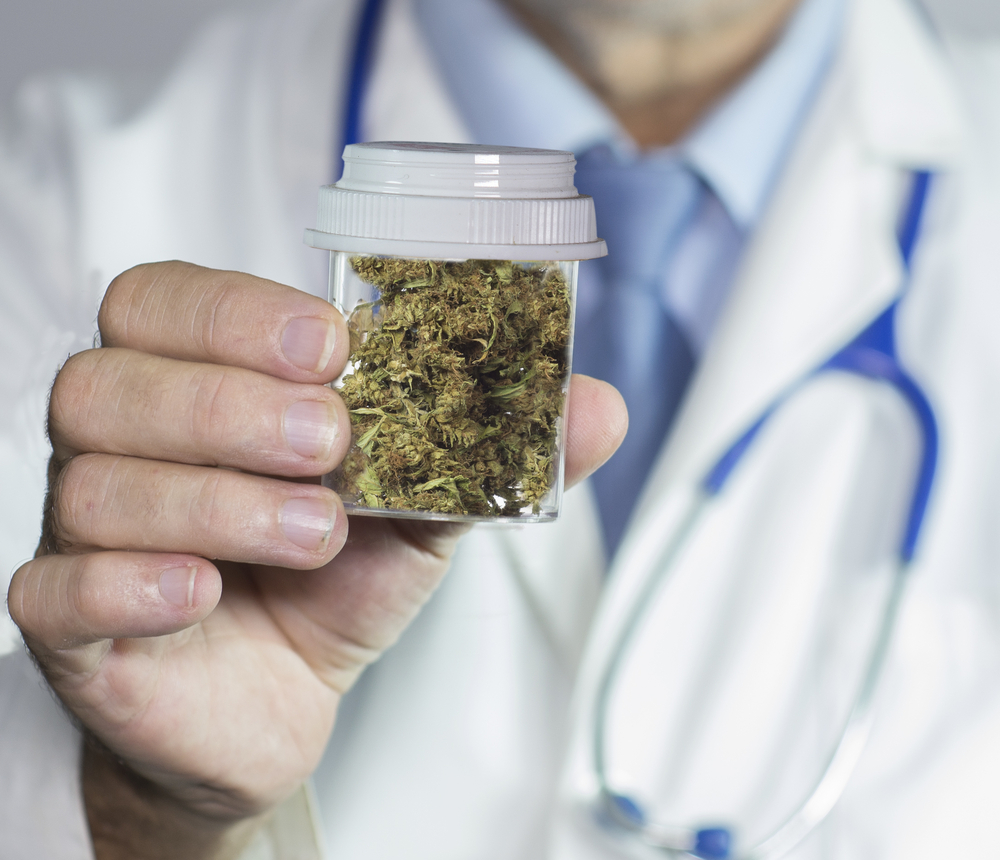
Ottawa must withdraw its plan to charge tax on medicinal marijuana or risk having an adverse effect on patients, a group of more than 50 doctors warned Monday as the federal government hashed out a pot-tax revenue-sharing agreement with the provinces and territories.
The doctors, who describe themselves as a group of physicians who routinely prescribe marijuana to their patients, say applying a sales or excise tax to medicinal pot would impose a financial barrier for those who use the drug to manage their symptoms, compared to patients who take other medication.
“The new taxes being proposed on medical cannabis (are) discriminatory towards patients,” Dr. Michael Verbona said in a statement.
“All medications prescribed have zero tax. At a time when we are suffering from an opiate crisis the last thing we should do is introduce financial barriers to patients accessing a safer alternative.”
Following a day-long meeting between Finance Minister Bill Morneau and his regional counterparts, the two sides agreed that the provinces and territories would get a 75 per cent share of marijuana tax revenues over the course of a two-year agreement. That money is to be shared with municipalities, which are also expected to bear a larger proportion of the cost of legalization.
Ottawa will retain the remaining 25 per cent share to a maximum of $100 million a year, presuming an annual total take of about $400 million, at least initially. Any balance over and above that limit would flow to the regions, under the terms of the deal.
Taxing medicinal pot could end up affecting its affordability and availability to those who need it, said the NDP’s finance critic Alexandre Boulerice.
“The imposition of sales tax and excise tax on medical marijuana is unfair, it is stupid and potentially dangerous,” Boulerice warned, and could end up exacerbating Canada’s ongoing opioid crisis.
“If the price of medical marijuana goes too high … it will potentially incite people to buy some cheaper drugs like opioids as painkillers.”
A tax is simply not sound public policy, Boulerice said, pointing to the issues flagged by doctors.
“They are really concerned about their patients and they are on the ground with people who are sick and use medical marijuana for months or years,” he said.
Last month, Bill Blair, parliamentary secretary to the ministers of justice and health, said the federal government’s task force report recommended the tax regime on medical and recreational marijuana be the same.
“Our government remains committed to maintaining a functional medical marijuana system,” Blair said at the time.
“At the same time, we do not want the taxation levels to be an incentive for people to utilize that system inappropriately and so we propose that the taxation levels for both non-medical and medical will be aligned.”